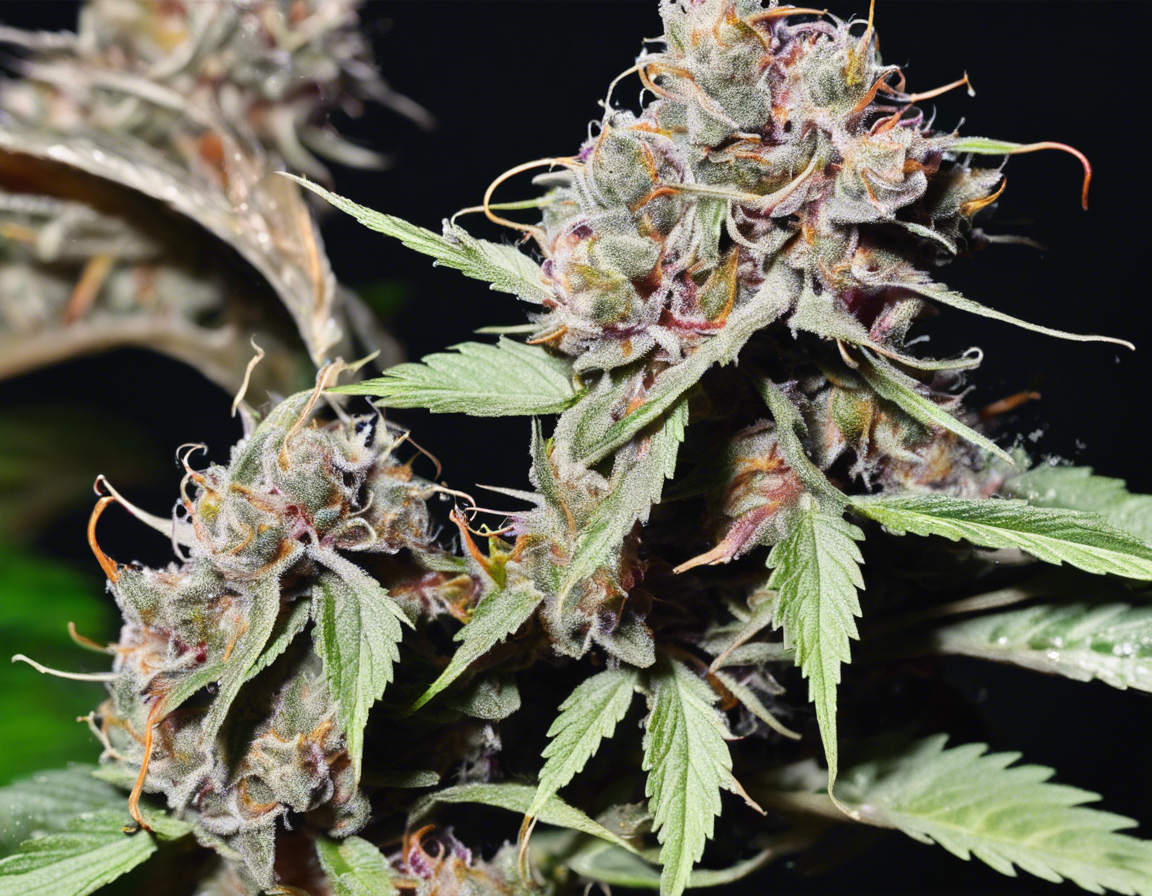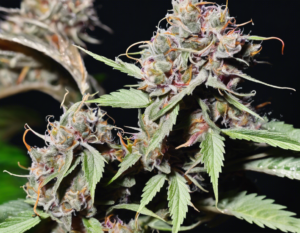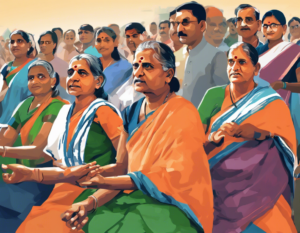Exploring the Native Nations Dispensary: A Cultural Approach to Cannabis Commerce.
Introduction
In recent years, the cannabis industry has seen tremendous growth and evolution, with legalization spreading across various states in the US. One unique aspect of this industry that is gaining attention is the emergence of Native Nations dispensaries. These dispensaries, owned and operated by Native American tribes, offer a distinctive approach to cannabis commerce that is deeply rooted in their cultural heritage and values. In this article, we will explore the Native Nations dispensaries, their significance, and the impact they have on the cannabis industry and Native American communities.
Historical Context
The history of Native Nations in the United States is marked by a legacy of oppression, marginalization, and dispossession. Despite facing numerous challenges, Native American tribes have persevered and maintained their cultural traditions and sovereignty. The legalization of cannabis in various states presented an opportunity for tribes to generate revenue and economic development through dispensaries. This move towards cannabis commerce is not only a means of economic empowerment but also a way for tribes to assert their sovereignty and control over their resources.
Cultural Approach to Cannabis Commerce
One of the defining aspects of Native Nations dispensaries is their cultural approach to cannabis commerce. For many tribes, cannabis holds spiritual significance and is deeply intertwined with their traditional practices and ceremonies. The cultivation and use of cannabis are approached with reverence and respect for the plant’s medicinal and spiritual properties. This cultural perspective sets Native Nations dispensaries apart from mainstream dispensaries and underscores the importance of preserving indigenous knowledge and traditions in the cannabis industry.
Community Impact
Native Nations dispensaries have a significant impact on their communities, both economically and socially. The revenue generated from these dispensaries is often reinvested into tribal programs and services, such as healthcare, education, and infrastructure. This economic development helps to create jobs and improve the overall quality of life for tribal members. Additionally, Native Nations dispensaries serve as cultural centers that promote indigenous knowledge and practices related to cannabis, fostering a sense of pride and connection to heritage among community members.
Regulatory Challenges
Despite the potential benefits of Native Nations dispensaries, they face unique regulatory challenges due to the complex legal landscape surrounding cannabis and tribal sovereignty. Navigating federal, state, and tribal laws presents a significant hurdle for tribes looking to establish and operate dispensaries. Issues such as jurisdiction, taxation, and compliance with state regulations can create barriers to entry and inhibit the growth of the industry. Tribal nations must carefully consider these challenges and work towards establishing clear regulatory frameworks to ensure the success and sustainability of their dispensaries.
Sustainability and Environmental Stewardship
An important aspect of Native Nations dispensaries is their commitment to sustainability and environmental stewardship. Many tribes prioritize eco-friendly cultivation practices that minimize the environmental impact of cannabis production. This includes using renewable energy sources, implementing water conservation measures, and practicing organic farming techniques. By adopting sustainable practices, Native Nations dispensaries not only reduce their carbon footprint but also contribute to the preservation of tribal lands and resources for future generations.
The Future of Native Nations Dispensaries
As the cannabis industry continues to evolve, the role of Native Nations dispensaries is likely to expand and diversify. With growing consumer interest in ethically sourced and culturally enriched products, tribes have the opportunity to carve out a unique niche in the market. Collaborations with indigenous growers, artisans, and healers can further elevate the authenticity and sustainability of products offered by Native Nations dispensaries. By staying true to their cultural values and traditions, tribes can position themselves as leaders in the cannabis industry and advocates for social justice and environmental conservation.
Frequently Asked Questions (FAQs)
- Are Native Nations dispensaries legal?
-
Yes, Native Nations dispensaries operate on tribal lands, where tribes have the sovereign authority to regulate cannabis commerce.
-
What sets Native Nations dispensaries apart from mainstream dispensaries?
-
Native Nations dispensaries emphasize a cultural approach to cannabis commerce, incorporating indigenous knowledge and practices into their operations.
-
How do Native Nations dispensaries benefit their communities?
-
Native Nations dispensaries generate revenue for tribal programs and services, create jobs, and promote cultural pride and heritage among community members.
-
What are some of the regulatory challenges faced by Native Nations dispensaries?
-
Regulatory challenges include navigating federal, state, and tribal laws, jurisdictional issues, and compliance with varying regulations.
-
How do Native Nations dispensaries practice sustainability and environmental stewardship?
-
Many tribes prioritize eco-friendly cultivation practices, such as using renewable energy sources, water conservation, and organic farming techniques.
-
What is the significance of cannabis in Native American culture?
-
Cannabis holds spiritual significance for many tribes and is used in traditional practices and ceremonies for its medicinal and spiritual properties.
-
How can consumers support Native Nations dispensaries?
-
Consumers can support Native Nations dispensaries by purchasing products, attending cultural events, and advocating for tribal sovereignty and economic empowerment.
-
What are some examples of successful Native Nations dispensaries in the US?
-
Examples include the Squaxin Island Tribe’s High Tide Cannabis, the Suquamish Tribe’s Agate Dreams, and the Pinoleville Pomo Nation’s Mendocino Generations.
-
How are Native Nations dispensaries contributing to the decolonization of the cannabis industry?
-
By asserting their sovereignty and promoting indigenous knowledge and practices, Native Nations dispensaries are challenging colonial narratives and reclaiming control over their resources.
-
What are some future trends for Native Nations dispensaries?
- Future trends may include collaborations with indigenous growers and artisans, expansion into new markets, and advocacy for social justice and environmental conservation within the cannabis industry.
In conclusion, Native Nations dispensaries represent a unique and culturally rich approach to cannabis commerce that intersects economic development, cultural preservation, and environmental sustainability. By embracing their heritage and values, tribes are reshaping the cannabis industry and creating inclusive spaces that honor indigenous traditions and promote social equity. As the industry continues to evolve, Native Nations dispensaries are poised to lead the way towards a more diverse, equitable, and sustainable future for cannabis commerce.














Post Comment